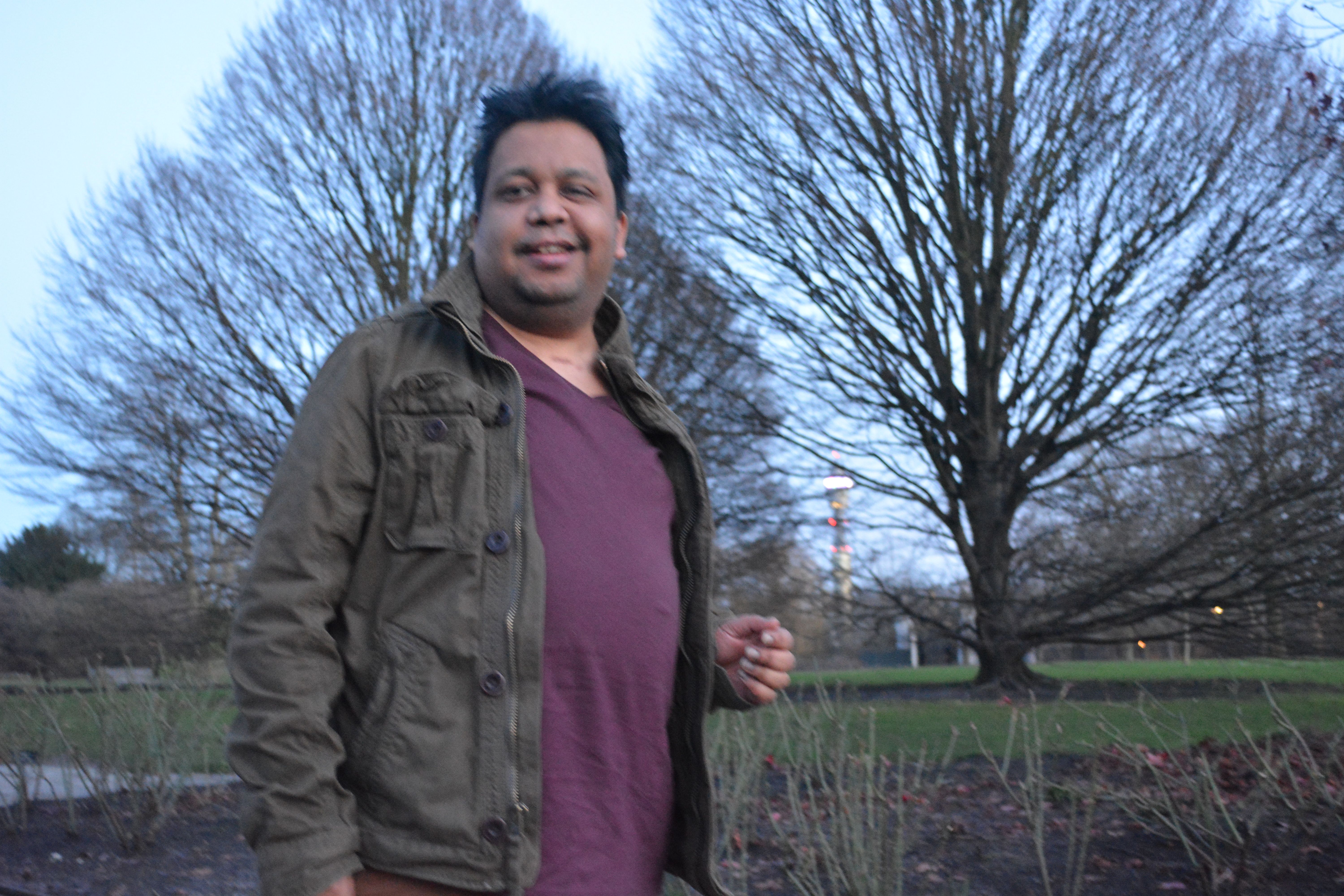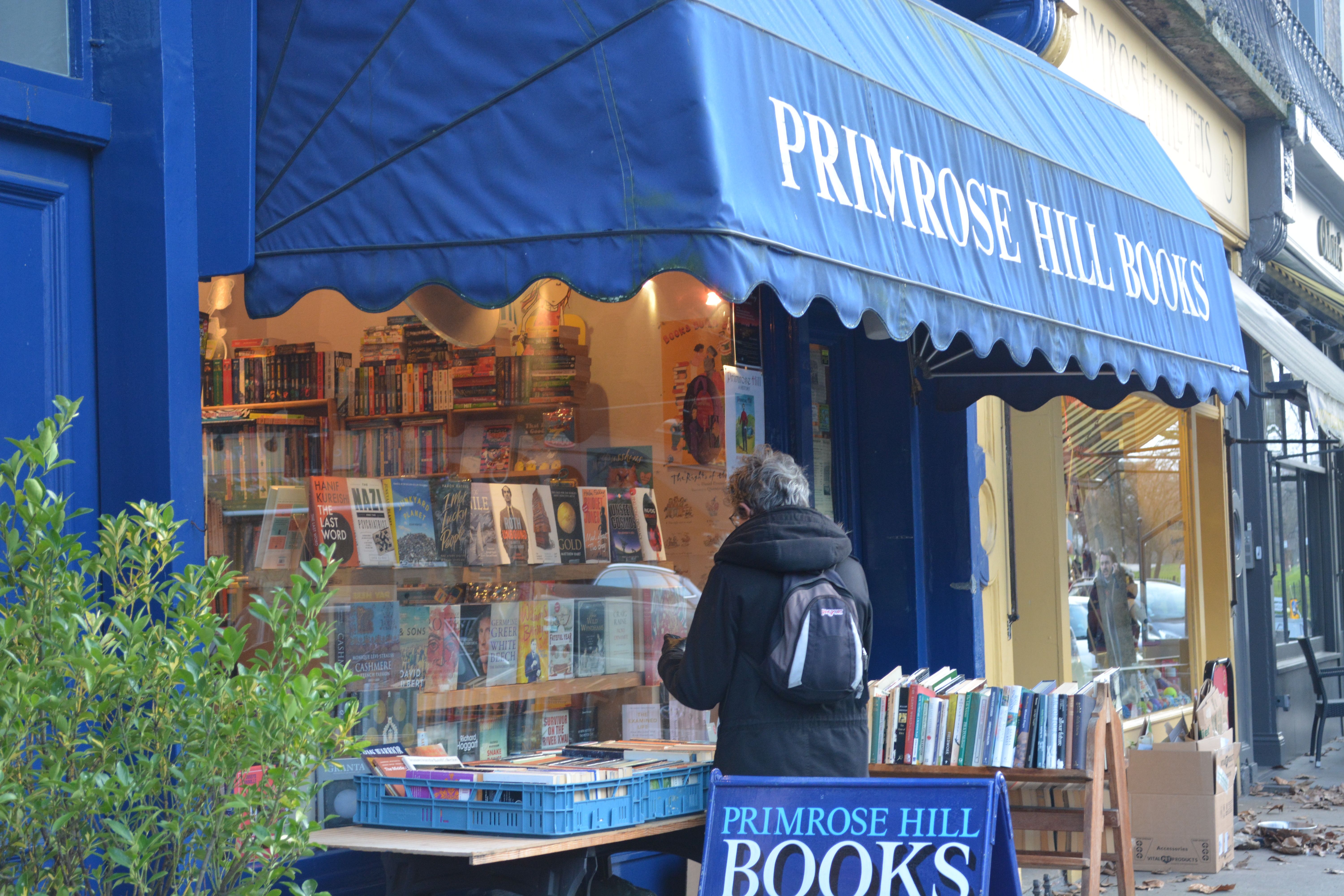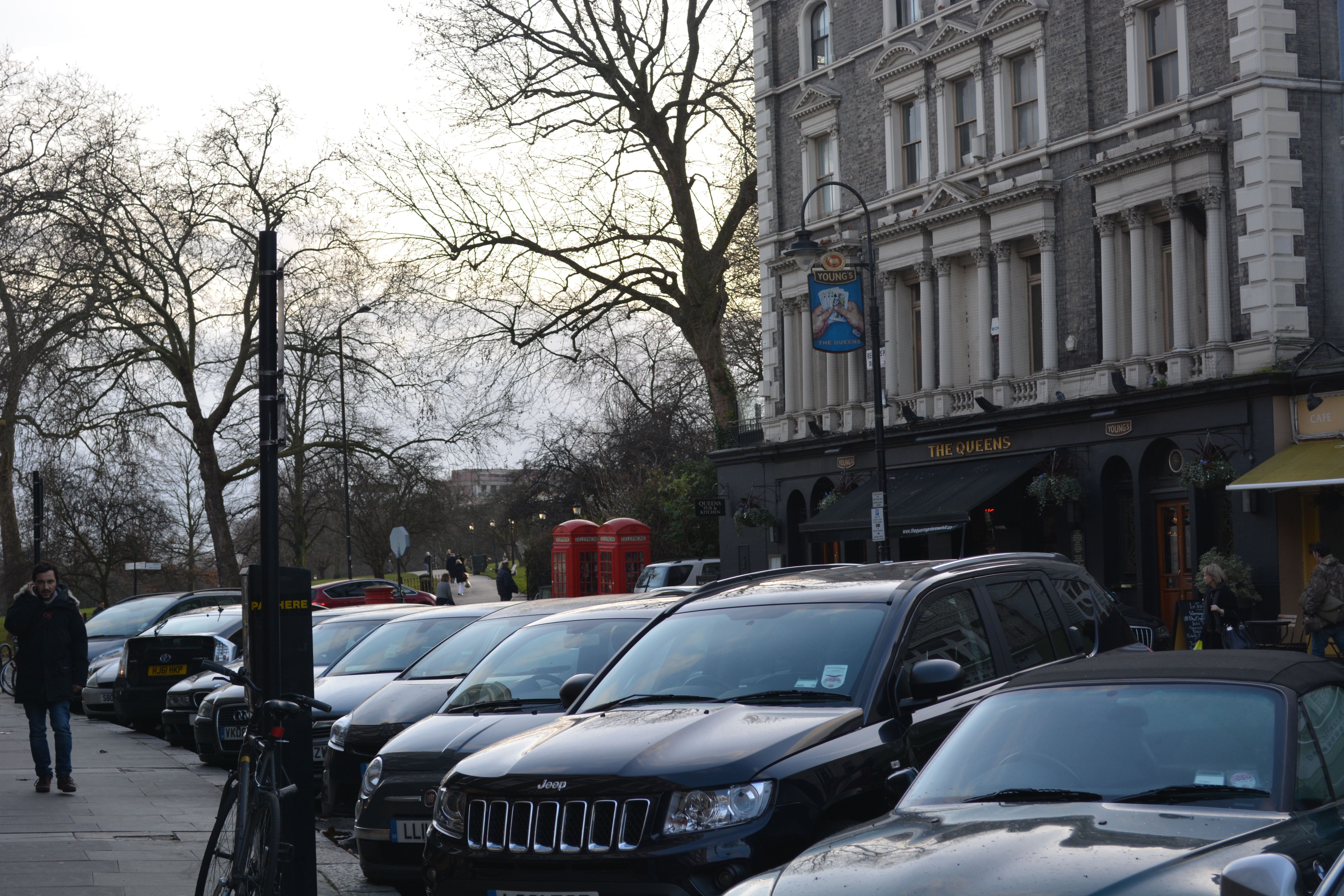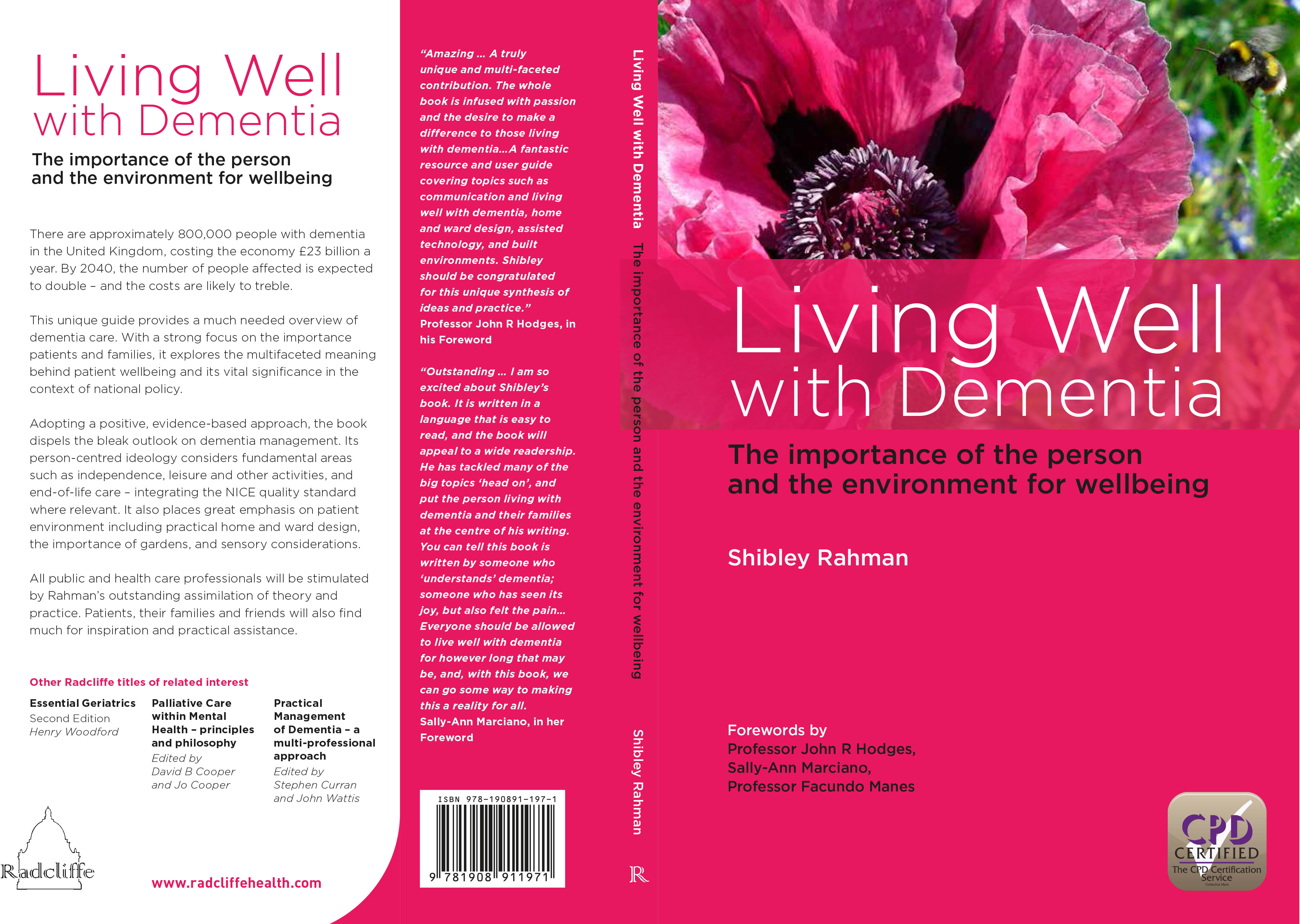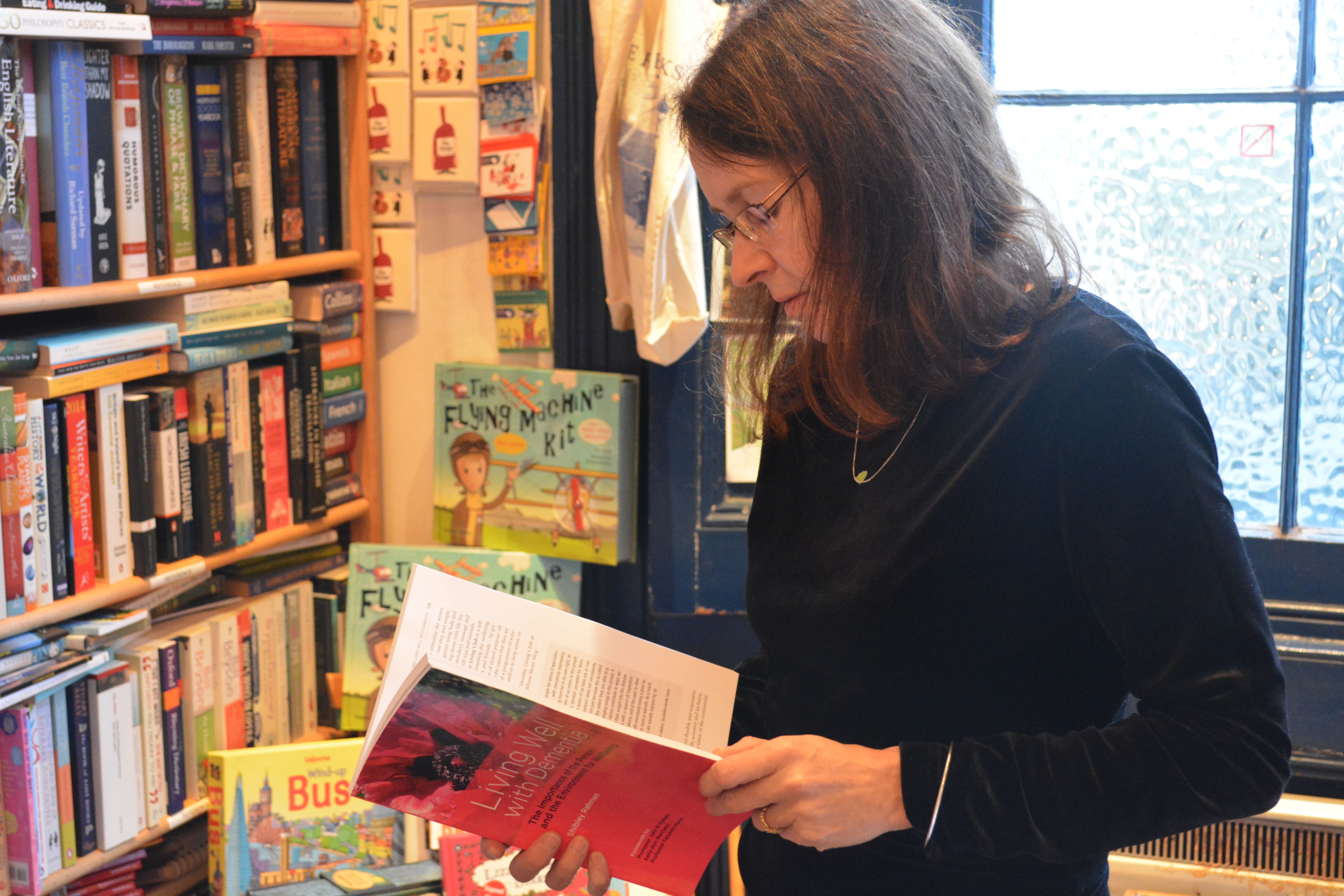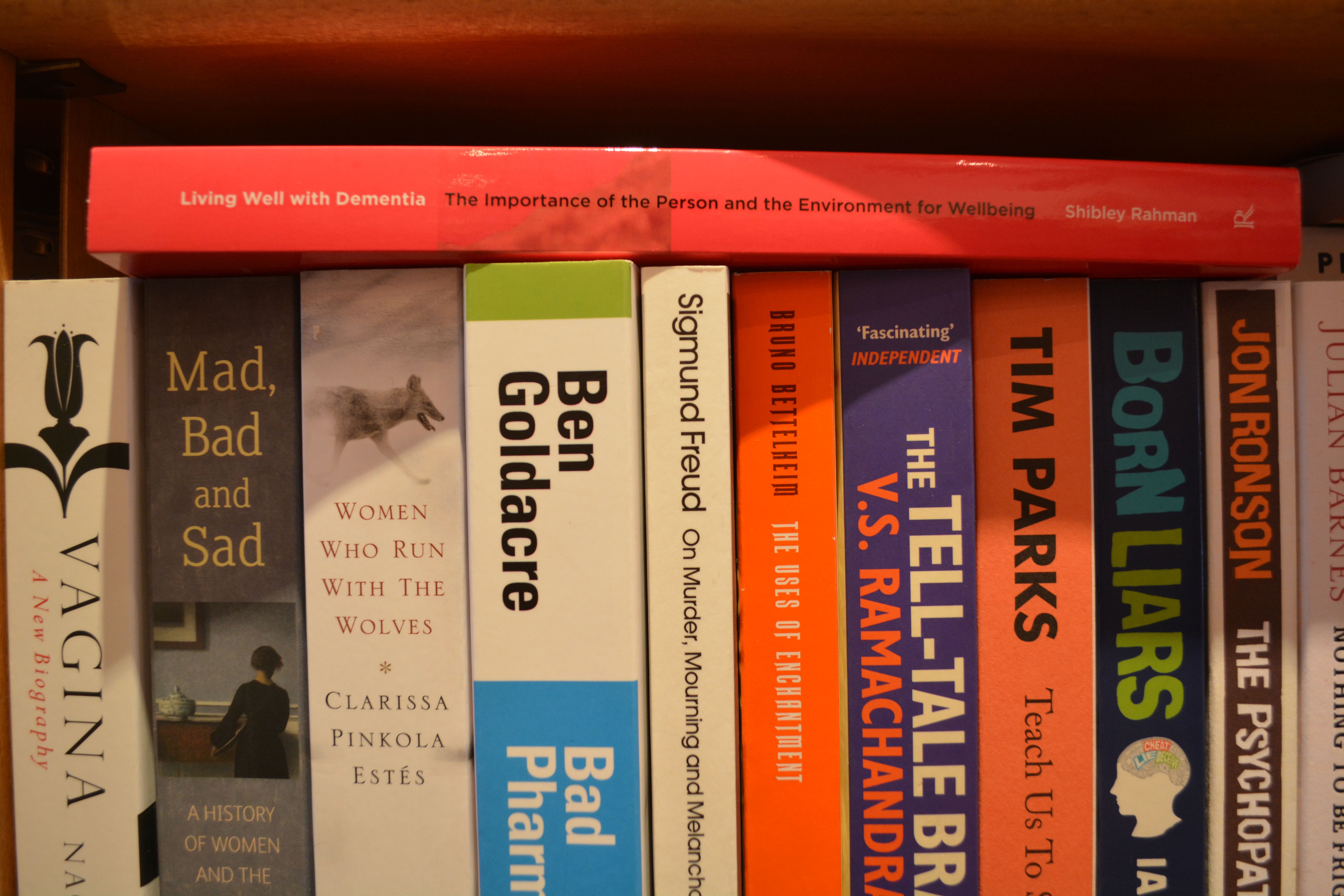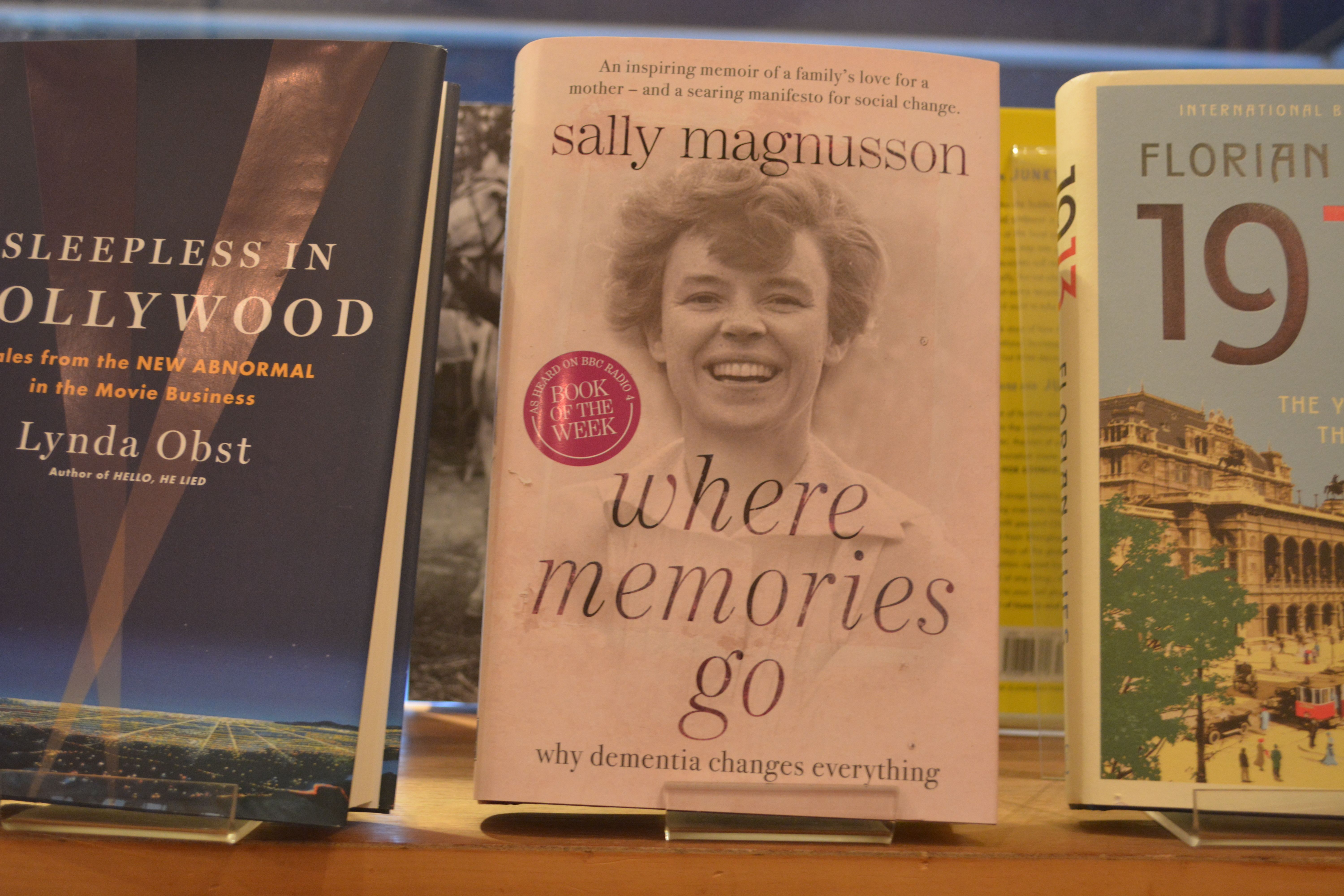I got a bargain today.
I have been quite a good mood recently, getting ready for my book launch in Camden on the afternoon of February 15th, 2014. We’re all going out for dinner in Pizza Xpress later that evening, somewhere in Central London.
I bought my own book ‘Living well with dementia’ from Primrose Hill Books for the very much discounted price of £16.99.
This is not because it was a soiled copy, or because I was the buyer.
It was because they had ordered it in especially from the wholesalers, and managed to sell it onto me a very much reduced price.
Of course I am very grateful, as I think it’s important to support local independent booksellers in the community.
Here’s a good piece from last year on ‘five reasons to support your local indie bookseller‘.
Here are the full details of ‘Primrose Hill Books’. They’re on the main road which passes through Primrose Hill. This book is called Regents Park Road.
Nonetheless, I appreciate that some people will prefer to use the bigger well known book retailers, especially if they do not time to browse or travel to such bookstores.
After a bit of haggling, we got Amazon this afternoon to reduce their delivery time from 9-11 days to fewer than 24 hours. This is of course a huge result for me. Their page on my book is here.
The Blackwells Bookstore is normally a good place to find the book for immediate delivery, but not at the time of writing this blogpost. The book is currently out of stock, but I do know reliably they had a good stock once upon a time. Here is their page.
But Primrose Hill Books will always have a special place in my heart. I’ve bought books there I’d never have ordered on Amazon, for example, through browsing.
It’s run by Jessica and Marek (and Kelly is often there too). All three have an enclopaedic knowledge of current books, some well known, some not so well known.
Of course, it was a source of great pride to see my book there. I’ve published specialist textbooks, but not the type which would look in place in the bookshop above or any other high street bookseller.
Here’s Jess looking at the book.
She said it was a good book, and we had a discussion of how long it had taken me to write (a year), how this had become a real passion of mine to share this information and to dispel all the scientific misinformation about dementia, and how it was written in the style of a long blogpost but it actually contained a lot of interesting contemporaneous evidence and discussion.
It is of course a bit weird to see the book alongside classics such as Ben Goldacre’s “Bad Pharma: How medicine is broken, and how we can fix it” and Naomi Wolf’s “Vagina”. But hey ho.
You can buy the book from the publishers’ website too.
Their is their official flier. You get 20% off if you use the promotional code ‘AUTHOR20′. You enter this code apparently just when you are completing the ‘checkout’ in this e-bookstore.
And finally, one of the people I genuinely admire the most is Tommy Whitelaw (please support Tommy at “@tommyNTour“).
You can read about Tommy’s campaign for giving carers ‘a voice’ on my blog here. His story continues to motivate me very much – and not just because he’s a Glaswegian like me!
Tommy is very honoured that his campaign and letters in Sally Magnusson’s Book “Where Memories go”.
Hopefully the episode where Sally talks to Tommy in “Medical matters: caring for carers” will be made available on the BBC iplayer shortly.
And finally – here’s Sally’s book on the Hodder website.
All in it together, and all that.
